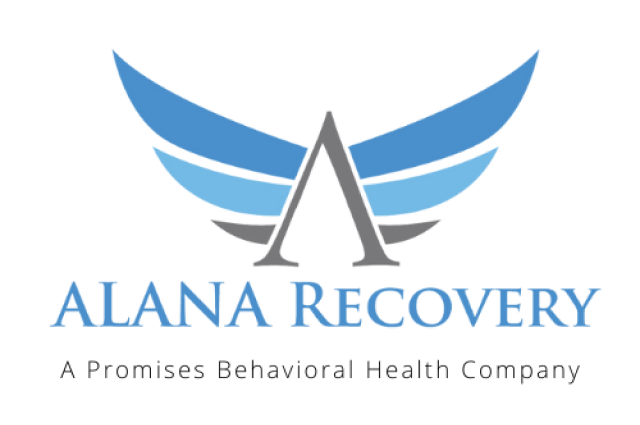Living with untreated bipolar disorder can feel overwhelming, especially when it intersects with the challenges of addiction. At ALANA Recovery, we understand that managing co-occurring mental health and substance abuse issues isn’t an easy road, but it’s a path you don’t have to walk alone. Our bipolar disorder treatment program is here to help you regain control of your life. Call 770.759.7474 today to take the first step toward healing.
What to Know About Bipolar Disorder
Bipolar disorder is a mental health condition causing extreme mood swings, from manic highs to depressive lows. These shifts impact energy, decision-making, relationships, and daily life. Unlike regular ups and downs, bipolar disorder’s intensity can disrupt many aspects of life.
Managing bipolar disorder starts with understanding it. With the right mix of therapy, medication, and support, it’s highly treatable.
What Are the Types of Bipolar Disorder?
Bipolar disorder isn’t one-size-fits-all. There are different types, each with unique mood patterns. Here are the main types:
- Bipolar I disorder – This is marked by manic episodes lasting at least seven days or requiring hospitalization, along with depressive episodes that last at least two weeks. It often involves the most extreme mood swings.
- Bipolar II disorder – Features less severe mania, called hypomania, but depressive episodes can still be intense and longer-lasting than in Bipolar I.
- Cyclothymia or cyclothymic disorder – Involves hypomanic and depressive symptoms that are less intense than Bipolar I or II but still disrupt daily life and relationships.
- Rapid cycling bipolar disorder – Defined by four or more episodes of mania, hypomania, or depression in a year, making it harder to manage without professional help.
Knowing the type of bipolar disorder is key for effective treatment.
What Are the Signs of Bipolar Disorder?
Symptoms of a manic or hypomanic episode can include feeling euphoric, energetic, or irritable, talking rapidly, jumping between ideas, taking risks like overspending or unsafe sex, and sleeping very little without feeling tired.
A depressive episode may involve persistent sadness, hopelessness, loss of interest in activities, changes in appetite or sleep, and trouble concentrating or making decisions.
Not everyone experiences all these symptoms, and their intensity can vary.
Can Bipolar Disorder Co-Occur with Addiction?
Bipolar disorder often occurs alongside addiction, known as a co-occurring disorder. Many people with bipolar disorder use drugs or alcohol to “self-medicate” and manage mood swings or emotional pain. Unfortunately, this can worsen both conditions. Substance use may trigger intense mood episodes, reduce medication effectiveness, and create a complex cycle to break.
How a Bipolar Disorder Treatment Program Can Help
Here’s how ALANA Recovery can support you or your loved one:
- Dual diagnosis treatment – We address both bipolar disorder and substance use through therapy that targets both conditions to improve well-being.
- Evidence-based therapies – We use proven methods like cognitive-behavioral therapy (CBT) and dialectical behavior therapy (DBT) to help manage symptoms, improve communication, and build coping skills.
- Medication management – We provide personalized medication guidance to stabilize mood and support recovery.
- Group and family support – Group therapy and family counseling offer a support network, helping rebuild relationships and sharing encouragement.
- Long-term recovery planning – Recovery is about more than short-term solutions. We provide aftercare programs and alumni networks to maintain progress.
A tailored program for bipolar disorder and addiction can be life-changing.
Take the First Step Toward Healing with ALANA Recovery
Living with bipolar disorder—especially when paired with addiction—can feel isolating, but treatment offers a path forward. The right program can help restore balance, hope, and a sense of control over your life.
At ALANA Recovery, we provide the care and support you need to thrive. If you’re ready to take the next step, call 770.759.7474 or use our online contact form to start your recovery journey.

